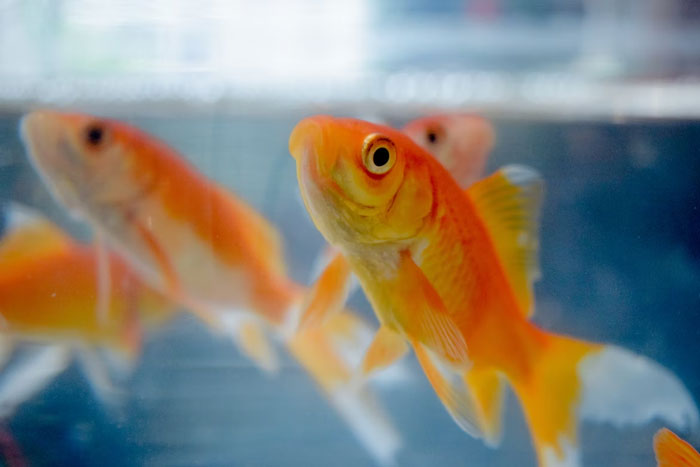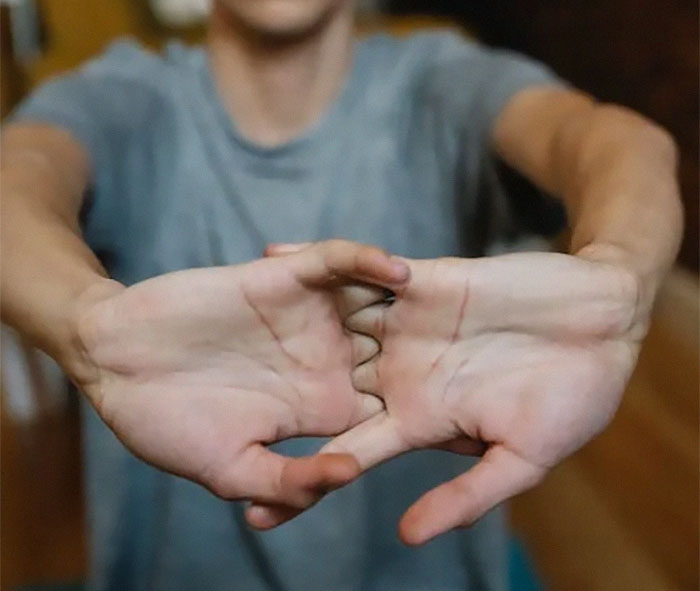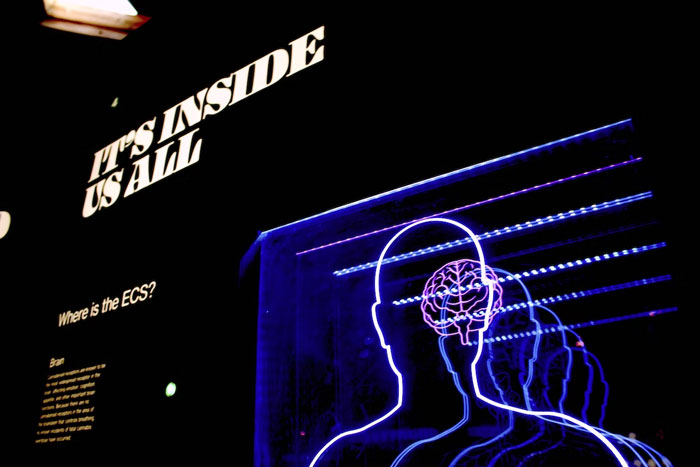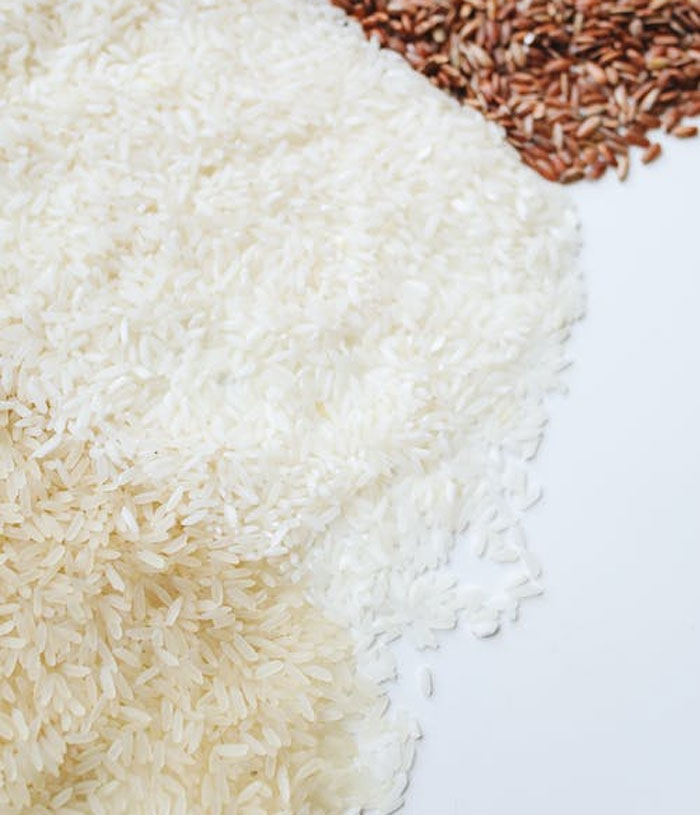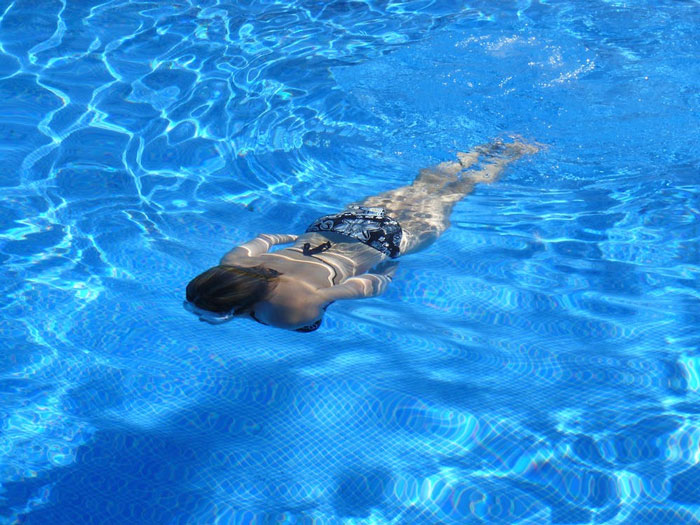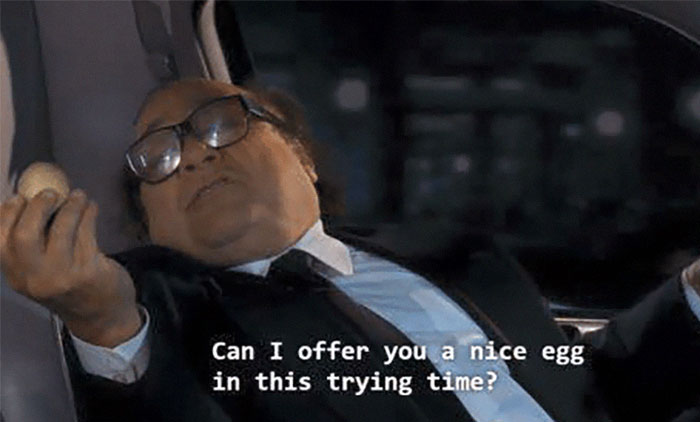28 Popular Beliefs That Have Been Proven Wrong By Science.
The tricky thing with beliefs is that we all think ours are correct.
Published 2 years ago in Wow
The tricky thing with beliefs is that we all think ours are correct.
13
Used to be a popular belief that if you sit to close to the tv your eyes will go bad. But Ive recently come to realize that children who sit “too close” to the tv might already have poor vision, but cannot communicate it, so when they go get their eyes checked it appears that the causation is them sitting to close to the tv, when it was probably genetics or other factors. Thus causing people to think that the cause was them sitting too close to tv.
20
Hiding under a highway overpass is actually not a good way to survive a tornado.It has been scientifically proven that the wind gets concentrated and the speeds increase underneath the overpass.If you aren’t shielded by a bridge girder or something similar you’ll just get swept away and mulched.Your best bet for survival if you cannot escape the tornado is to find the nearest deep ditch or hole.
21
That rice will make the birds who eat it explode. Birds eat rice all the time! It's actually good for them, especially brown rice.I believe this myth was made up so people would stop throwing rice at weddings, but harming the birds wasn't an actual risk. It was getting rice grains stuck in your ear that was.
22
“Fish don’t feel pain” , and simultaneously “Fish do feel pain” are both arguments which ignore centuries of research.They lack a Neocortex which deems them unable to “process” pain, however they have several nociceptors located around the mouth which allows them to “feel it”. What does this mean? Well nobody actually knows yet, and it is largely open to interpretation. It’s unfathomably hard for us to understand, as we can both feel and process pain. Some scientists describe “acting on instinct” as symptoms of pain when these nociceptors become compromised. Some scientists describe it as just that though, acting on instinct based on what parts of their body are compromised and hence weaker or vulnerable.For example : You hook and release a bass. That Bass now moves slower, eats a little less, and socializes less. Are these actions the result of the fish acknowledging the compromised nociceptors and acting accordingly while giving itself a chance to heal? Or is the fish genuinely hurting and sad? Research points to both being correct, but neither have enough evidence to prove anything yet.All we know with certainty is that we don’t have a definite answer supporting either argument, so anyone that leans hard one way or another doesn’t know what they are talking about.
25
Don't know if it's been said yet still scrolling, but that male lions don't hunt or do anything. Yes, lionesses do most of the hunting but males do help if the prey is too big and strong, such as with cape buffalo or giraffe. Males do a lot, staying back and protecting the territory which is very important if there are cubs, not to mention that the mane not only blows their cover more when hunting, but it tires them out quickly as it's a bunch of hair weighing on their head. Males also have to leave their birth pride at a certain age which of course until they can find a pride, they at that point have to hunt.Also on the topic of African animals (wildlife nerd) hyenas hunt more than lions and are more successful predators, and hyenas aren't dogs. Elephants don't think you or any human is cute.Edit: I was told wrong a lion's mane doesn't weigh as much as I thought, but it does have more of a negative effect on their hunting compared to a lioness.




